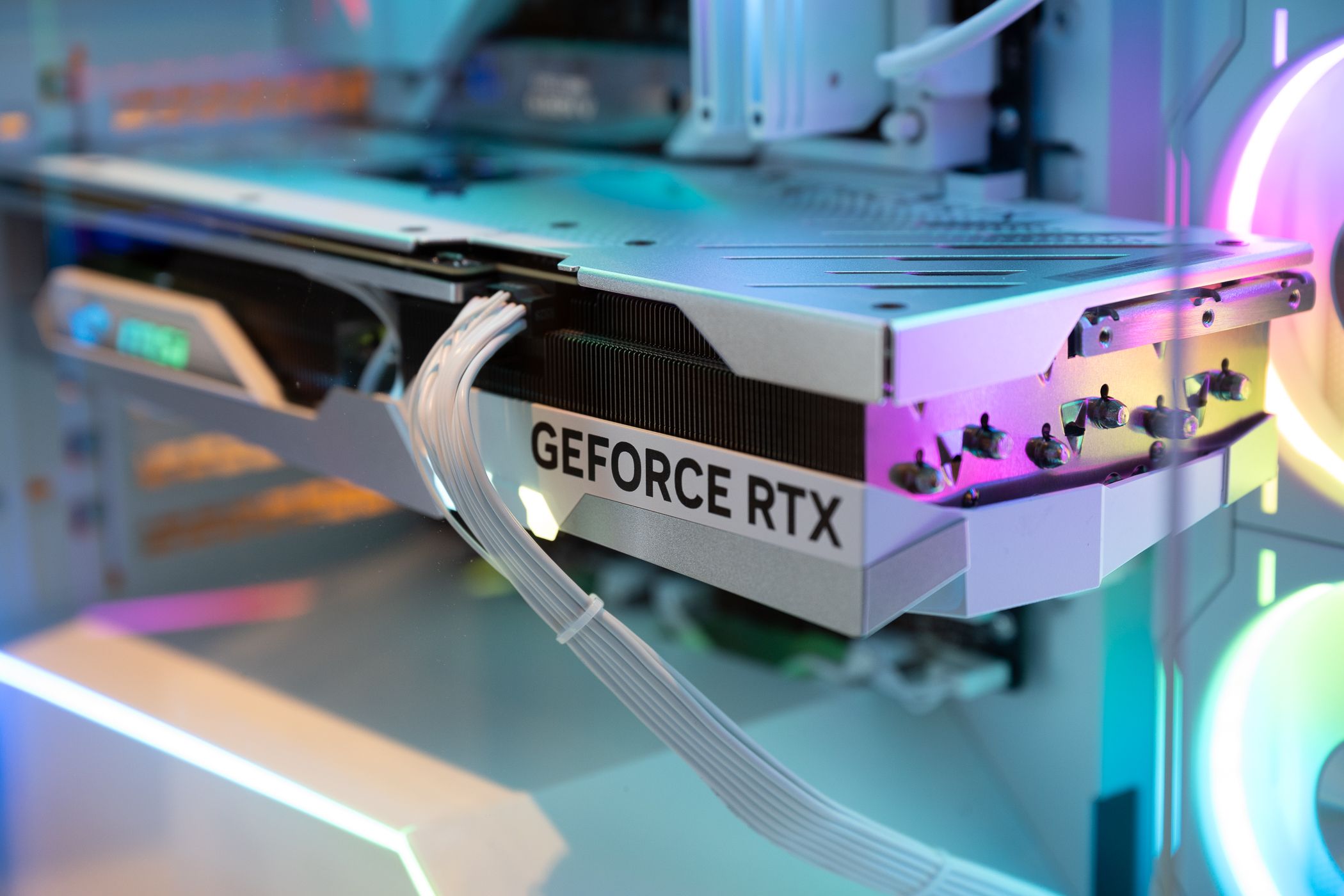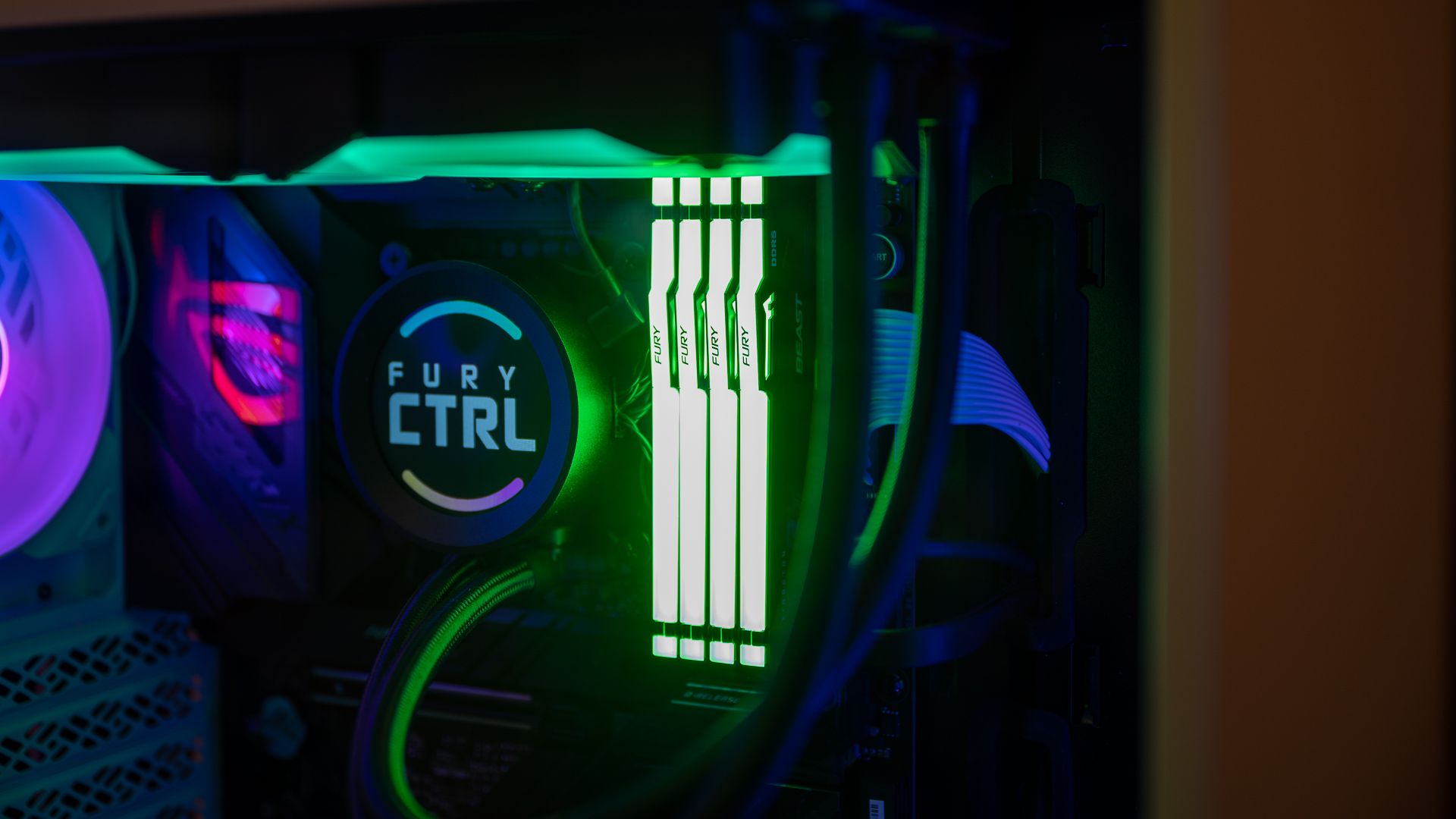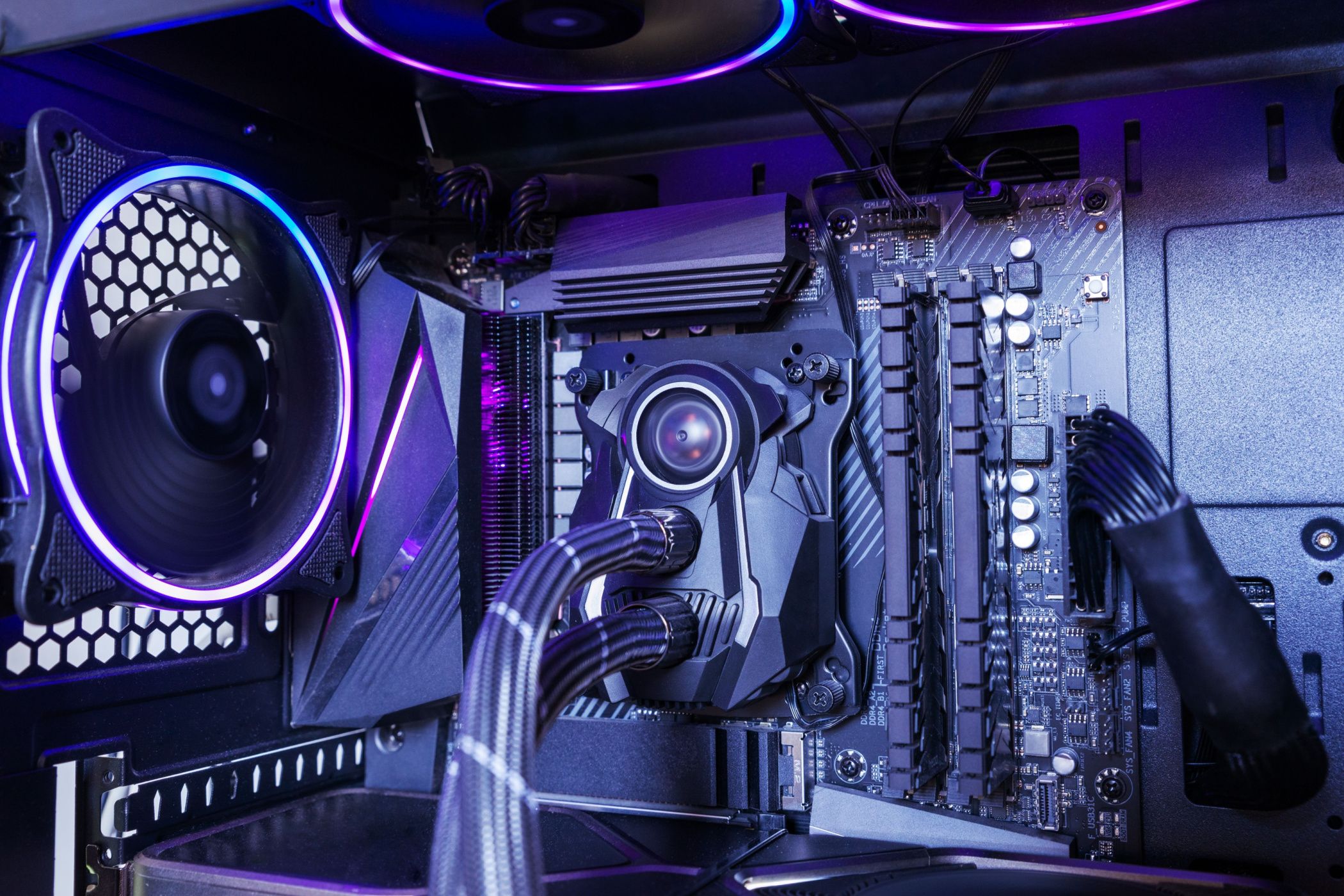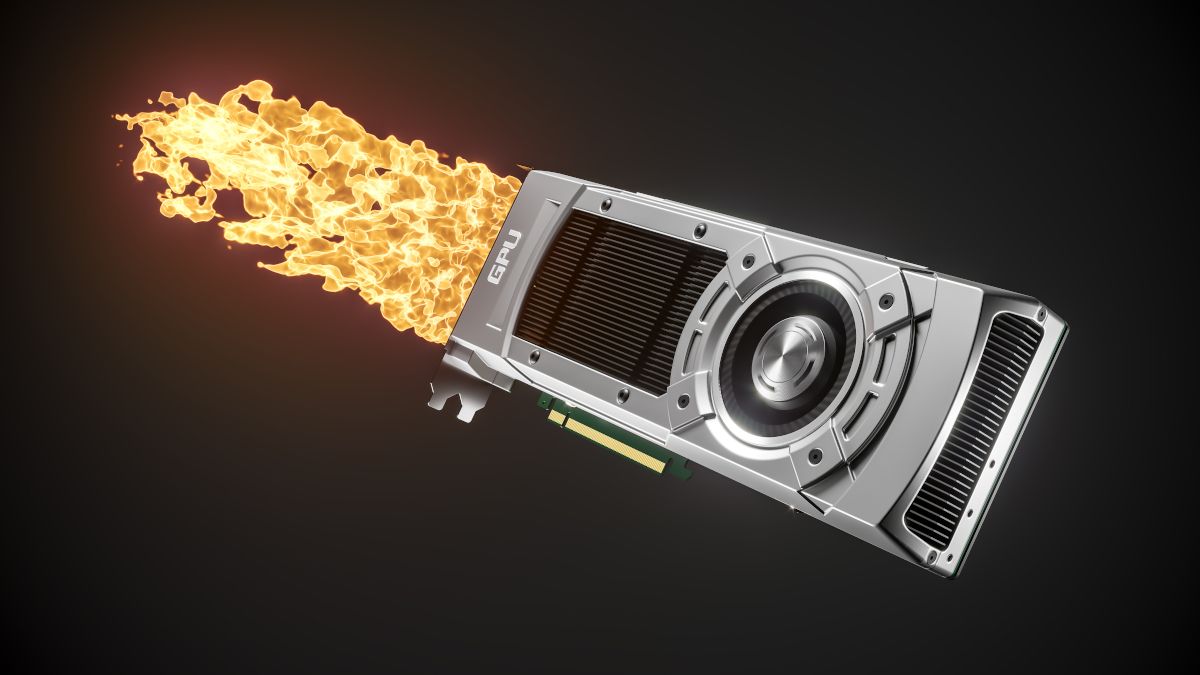Quick Links
Key Takeaways
- The term "bottleneck" describes a performance limitation caused by the "weakest" component in your computer.
- Every PC will have a slight bottleneck, but as long as you stay within reasonable hardware boundaries, you can enjoy smooth gameplay across the board.
- GPU bottlenecks are easier to deal with than CPU bottlenecks because you can lower graphics settings for an immediate performance boost.
Have you ever installed a shiny new computer part only to realize it's not making much of an improvement in games? This is the result of a performance bottleneck caused by another component in your system. Here's how to spot them and what you can do.
Signs Your PC Has a Bottleneck
A "bottleneck" a term used to describe a performance discrepancy in computer parts like your CPU, GPU, RAM, and VRAM. Today we'll solely focus on the bottlenecks between the CPU (processor) and GPU (graphics card), two common upgrades for PC gamers.
Your CPU is the brain of your PC and runs almost everything in a video game including the logic, AI, game rules, physics, and so on. The GPU is almost exclusively responsible for the graphical aspect of gaming, or the image on your screen.
If your CPU is significantly more performant than your GPU, that means you have a GPU bottleneck. The GPU can't render the game fast enough to match the speed at which your CPU processes data, causing a lower frame rate in games and maybe even visual artifacts. You'll find that lowering graphics settings and your resolution increases the FPS, making the game feel smoother and lessening the delta in performance between components.
In the case of a CPU bottleneck, you'll also experience lower frame rates because your powerful GPU is being held back by how fast your CPU performs. In addition, you'll likely experience stutter, frame drops, long load times, and a host of other issues. Unfortunately, you can't simply lower the graphics settings if your CPU can't handle a particular game. In fact, increasing graphical quality to limit the FPS can lead to a more consistent and visually better experience.
Bottlenecks don't lend themselves to a simple yes or no categorization. Instead, they're more like a percentage scale, with the CPU on one side and the GPU on the other. In a perfect world, your PC would be at the midpoint to avoid any form of bottleneck.
You can usually tell that one component will bottleneck the other just by looking at their performance on paper, though that requires a degree of research. A quick way to check is to use a bottleneck calculator, like the one provided by PC Builds.
Enter your system's information, and it'll tell you what parts are bottlenecking and by what percentage. Keep in mind that bottleneck calculators aren't all that accurate, but they are a decent jumping-off point, especially if you're new to building a PC.
How to Test for a Bottleneck
If you're trying to determine the bottleneck in an already-built PC, launch a demanding game and turn on a performance overlay. You can use the built-in Windows performance overlay by pressing Windows+G, or the one provided by your GPU utility.
I recommend going with a third-party tool, specifically MSI Afterburner, as it gives you a greater amount of detail. Once you have MSI Afterburner up and running, follow our guide on setting up MSI Afterburner for performance tracking.
After launching a game, pay attention to the CPU and GPU usage and time (expressed in milliseconds). It's normal for both usages to fluctuate, but you generally want to see your GPU utilization close to or at 100%, with your CPU getting 80% or more. If your GPU isn't fully utilized, you might have a CPU bottleneck, and vice versa. As for time, lower is better, so the part that has a higher value could be the bottleneck.
Note that this is an over-generalization. A CPU with eight cores or more will rarely get to 100% in video games. More importantly, some games are poorly optimized and happen to lean on one component more than the other. Strategy and open-world games can skyrocket your CPU usage, whereas shooters put more load on the graphics card. The GPU also sees higher utilization if you game at 1440p or 4K.
For that reason, I recommend running several games in different genres and at different settings to determine the bottleneck. Your personal tastes also play a role here. If stick purely to strategy games, it makes little sense to optimize your PC for other genres.
You Want a Slight GPU Bottleneck, With Some Caveats
I've seen my fair share of CPU, GPU, and even RAM bottlenecks, and I can tell you that a GPU bottleneck is easier to deal with for several reasons. First, it's easy to lower your in-game graphics settings to see an immediate performance jump. Also, the overall performance will be smoother, as you won't face random glitches and stutter caused by a CPU that can't keep up with the game's instructions.
Perhaps the most important reason why GPU bottlenecks are less of a headache is that GPUs are easier to upgrade. They're almost always 100% compatible, regardless of the rest of your system. New graphics cards come out every couple of years, so it makes for an easy yet significant upgrade down the line. You can upgrade CPUs, too, but you'll have to pay close attention to compatibility, and you often can't benefit from a generational leap without replacing your motherboard and RAM as well.
The only major downside of going for a powerful CPU today is that you'll potentially compromise on the GPU, especially if you're on a tight budget. If you play games that are primarily GPU-bound and don't care about future-proofing, it makes sense to allocate more of your budget to the GPU instead. Just make sure that the CPU you buy can keep up with it by checking performance benchmarks for your favorite games.
Some Bottlenecking Is Inevitable
Regardless of how you build your PC, you'll always have a slight bottleneck. This isn't something you should worry about too much. As long as you stay within reasonable hardware boundaries, you'll be able to enjoy games without encountering issues. Some game genres are inherently CPU or GPU-bound, so shopping around your preferences makes a ton of sense.
You can always check forums and Reddit to see what gamers are saying about particular games, especially close to release. Remember that game updates and installing new GPU new drivers can have a big impact on performance too.




